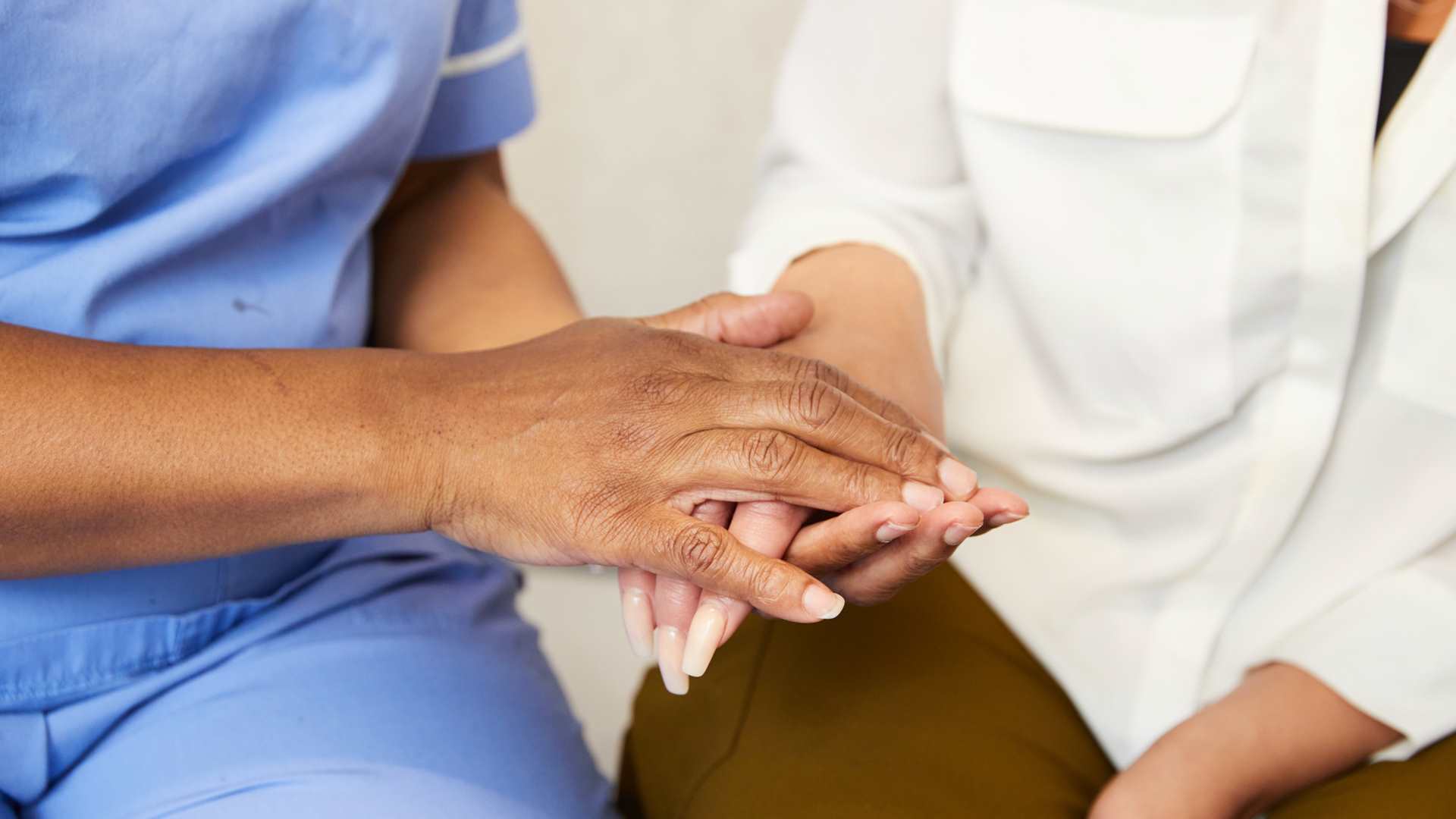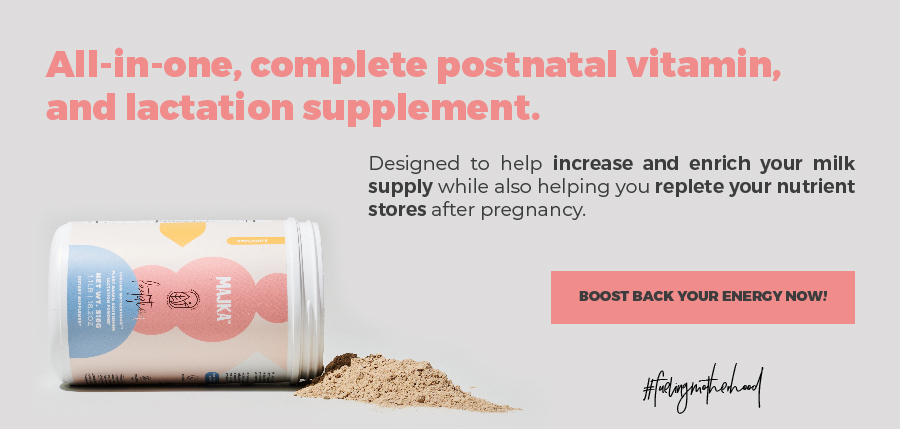
Experiencing a spontaneous abortion (also known as a miscarriage), can be a deeply emotional and challenging time for you and for your partner; even so, it is important to remember that you are not alone, and there are strategies to help manage the physical and emotional aspects of it.
In the following, we will share with you some information that could help you understand what this process means to your body and to your emotional health and things you can do about it.
What is spontaneous abortion?
A spontaneous abortion is the loss of a pregnancy before the 20th week. It often occurs due to natural factors, such as chromosomal abnormalities in the fetus, hormonal imbalances, or structural issues in the uterus.
When do most spontaneous abortion occur?
Most spontaneous abortions occur within the first trimester of pregnancy, specifically during the first 13 weeks.
However, it’s important to note that miscarriages can happen at any stage of pregnancy before the 20th week, although they become less common as the pregnancy progresses.
- After the 20th week, a pregnancy loss is referred to as a late miscarriage or a stillbirth.
Some women may experience early miscarriages before they even realize they are pregnant, while others may have a miscarriage later in the first trimester or even in the second trimester.
Factors such as underlying health conditions, genetic abnormalities, hormonal imbalances, and lifestyle factors can contribute to the risk of miscarriage (severe malnutrition, alcohol and recreational drugs consumption).
Does it impact my health?
Spontaneous abortion can have both physical and emotional impacts on your health. Here are some key points to consider:
Physical Impact: each body is different, but it’s normal if your body takes weeks to heal and to have your menstrual cycles return to normal.
Good news is that most spontaneous abortions do not cause long-term physical complications, in some cases, complications such as infection or excessive bleeding may occur, if you experience anything that concerns you talk to a healthcare professional.
Some women worry that they won’t be able to have another baby after a spontaneous abortion, but in most cases experiencing one miscarriage does not significantly impact your ability to get pregnant again.
Emotional Impact: as we mentioned, each person is different. It’s normal for you to feel grief and to experience an emotional impact after a spontaneous abortion; the important thing is to be kind to yourself. if you have symptoms of anxiety, depression, or post-traumatic stress disorder (PTSD) this does not mean that you are not “handling well”, the process of grieving and healing after a miscarriage is unique and allowing yourself time to heal it’s always ok
What are the symptoms and treatment for it?
The symptoms of a spontaneous abortion may vary, but common signs include:
- Vaginal bleeding: which is light to heavy vaginal bleeding that can include the passing of blood clots or tissue.
- Abdominal pain and cramping: abdominal pain similar to menstrual cramps or more severe pain could happen during a miscarriage.
- passing of tissue
- Back pain: some women may experience lower back pain.
- Sudden decrease or loss of pregnancy symptoms such as breast tenderness, nausea, or fatigue.
It is very important to note that the mentioned symptoms may not indicate a pregnancy loss; however, if you experience any of these consult your doctor.
The treatment for spontaneous abortion depends on various factors, including the stage of pregnancy, the symptoms experienced, and your medical history. Here are some common treatment options:
- Expectant management: your body tends to naturally expel the pregnancy tissue when a spontaneous abortion occurs, but if this process is incomplete a doctor may pay attention as the process goes on, this approach is known as expectant management (close monitoring, follow-up appointments, and support) .
- Medication: in some cases, medication may be prescribed to help your body expel the pregnancy tissue; do not take any medication that your doctor did not prescribe.
- Surgical intervention: if the miscarriage is incomplete, causing significant bleeding or infection, or if you prefer a quicker resolution, a surgical procedure called dilation and curettage (D&C) may be performed.
- Emotional support: alongside medical treatment, emotional support is vital during this time, we will talk more about this in the following.
A healthcare professional will always help and guide you to have the last call regarding your specific case.
How can I cope with a spontaneous abortion?
Dealing with the loss of a pregnancy can make you have a range of emotions, including sadness, grief, anger, and confusion.
First of all, It is important to give yourself permission to feel and process these emotions; you are in grief and it’s important to feel it, but you don’t have to go through it alone.
Keep in mind that your partner is going through grief as well, reaching out to him to accompany each other and provide comfort through this difficult time could be a good idea.
Some other things that can help you cope could be:
- Seeking support: sharing your feelings and thoughts with loved ones can provide comfort during this difficult time.
- Professional counseling: counseling or therapy with a trained professional can offer guidance, validation, and coping strategies tailored to your specific needs.
- Self-Care: some activities that promote self-care and healing include gentle exercise, journaling, practicing relaxation techniques, engaging in hobbies, or being in nature.
- Support groups: sharing experiences with others who have gone through similar situations can offer validation and comfort.
Overall, it’s important to be aware that everyone’s experience with spontaneous abortion is different. While it can be emotionally challenging, most women go on to have successful pregnancies in the future.
It’s always important to find all the help that you need regarding your specific case and especially to be kind to yourself during this period.
In Breastfeeding 101 we hope this information has helped you to know more about spontaneous abortion and things you can do to cope and heal from it.
We invite you to follow all of our content in order to learn more about health.
Here we share with you some of the sources that made this article possible in case you want to deepen more on this topic:
- Coping with miscarriage I Stanford Medicine
- Factors associated with spontaneous abortion: a cross-sectional study of Chinese populations I BMC
- Miscarriage I Cleveland Clinic
- Miscarriage I Mayo Clinic
- Miscarriage: How to Find Help for the Hurt I Cleveland Clinic
- Miscarriage and Pregnancy Loss with Dr. Swapna Kollikonda I Cleveland Clinic
- Miscarriage: It’s not your fault I Mayo Clinic
- Spontaneous Abortion I MSD Manual
- Spontaneous Abortion I National Library of Medicine
- Spontaneous Abortion I ScienceDirect
- The Effect of a Miscarriage on Mental Health, Labour Market, and Family Outcomes I SSRN
- What happens I NHS
Annie Rueb






